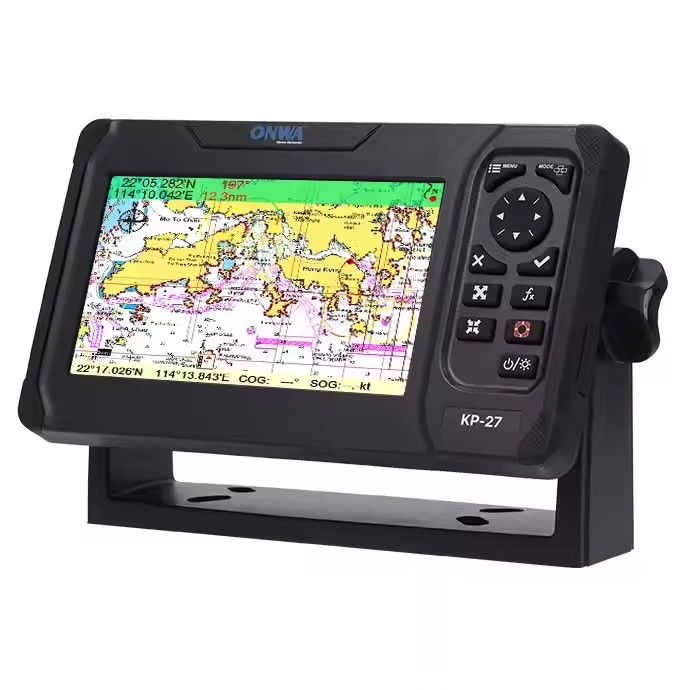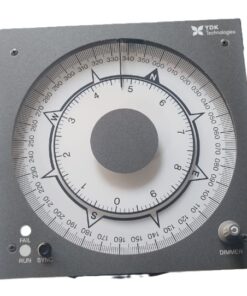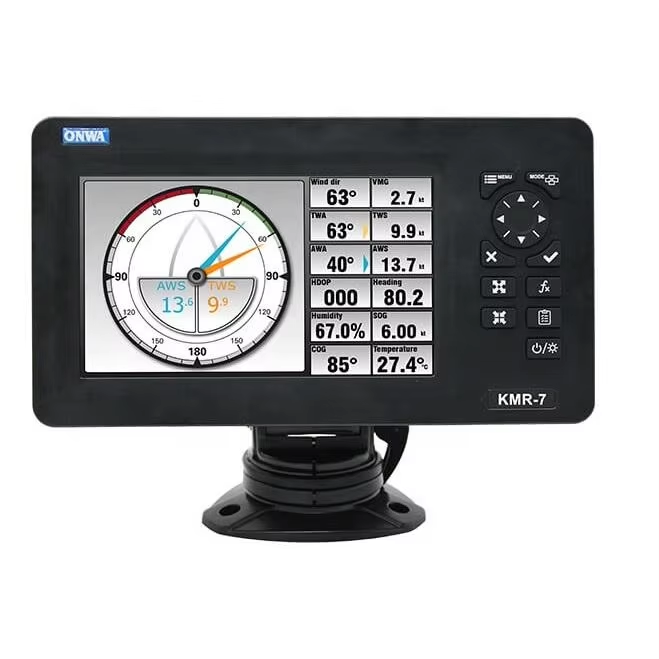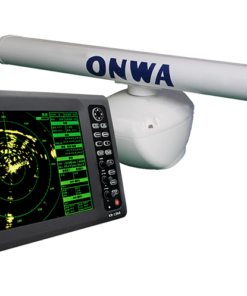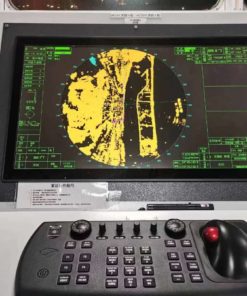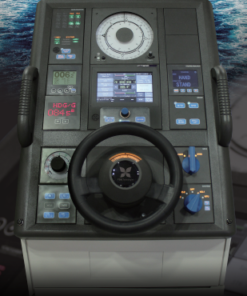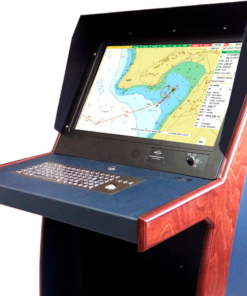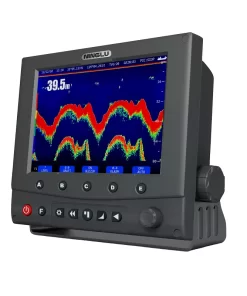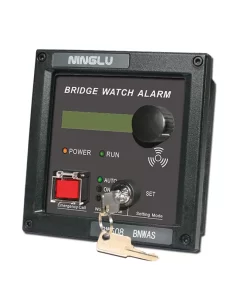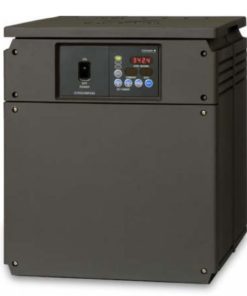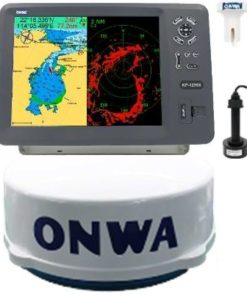Satellite compass
A Marine Satellite Compass, also known as a GPS compass or GNSS compass, is a navigational device that determines direction using signals from satellite-based positioning systems such as GPS (Global Positioning System), GLONASS (Global Navigation Satellite System), or Galileo. Unlike traditional magnetic compasses, which rely on Earth’s magnetic field, marine satellite compasses use multiple satellite signals to calculate heading information. They offer high accuracy and reliability, even in challenging maritime environments with magnetic interference or deviation. Marine satellite compasses provide not only true heading but also other valuable navigation data such as speed over ground (SOG), course over ground (COG), and position. They are commonly used on ships, boats, and marine vessels for precise navigation, route planning, collision avoidance, and situational awareness at sea.


